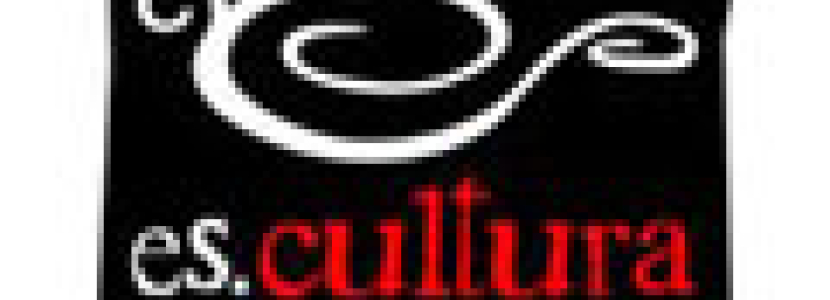
To state that the crisis has its positive side might be seen as an act of folly, but to insist on focusing on its dark side and negative effects is beginning to wear thin.
The crisis is synonymous with change, forced adaption, rethinking everything we do, not endorsing anything simply because we have always done it that way, because the "same old thing" is responsible for our current situation.
Given the gravity of the crisis and the large number of professionals that are failing by the wayside, our ideas have to be centrifuged and reset; it's time to abandon our "comfort zone" and dust down our thinking cap so as to be creative, instead of waiting for things to change on the own accord.
Giving creativity the precedence it deserves is to bring it much closer to our market and the needs of our clients, suppliers and collaborators. If optimization (cuts) and profitability (maximizing results while minimizing spending) are now all the rage, then they should be the focus of our creativity and top the list of our priorities. We are taking about profitable creativity, helping companies reach a large number of goals with their events or marketing campaigns without breaking the bank.
To achieve this with humility, I propose two things: the attitude and competence of all those involved.
Without a good attitude towards change, enthusiasm for everything new… the effort is pointless. We should embrace a proactive attitude and instil enthusiasm in others.
If we do not react decisively, the current situation and reigning pessimism could end up by burying our optimism, together with our projects and enterprises. This is not the first crisis to affect many of us and we know that we can, and should, put our best foot forward. It is essential to recuperate that extra flare in our daily work.
Without competence (training and knowledge), everything would be much more difficult. The availability and quality of training in industries such as the MICE industry is improving, but it is important to know how to make the right choice, so that our main resource, the human factor, is capable not just of reacting but of anticipating our clients' needs. If a training programme does not teach you how to anticipate change, it is probably obsolete.
But free or fee-paying courses are not the only source of training and knowledge. The daily work of a keen, inquisitive professional, with his or her eyes open and his or her ears to the ground, and the necessary humility to learn from others and from everything is the best educational programme available. I sometimes comment on this with my peers or professional educators: there is an observation crisis, as regards learning from our surroundings and change, listening to others, making the most of new information channels and knowing how to manage that information in an intelligent way.
It is undoubtedly time to change, whether we like it or not. But it has to be a decisive change, not a botched job or a quick fix. We need to change our way of seeing things and of working, with the firm conviction and motivation that the future, however hard it may be, will bring new opportunities and force us to forge new paths, such as those that have already been explored by the meetings and events and hospitality industries… using new technologies and online channels, such as the event 2.0 phenomenon, to name just one important example.
Happy New Year and happy change.
@davidserranoes




